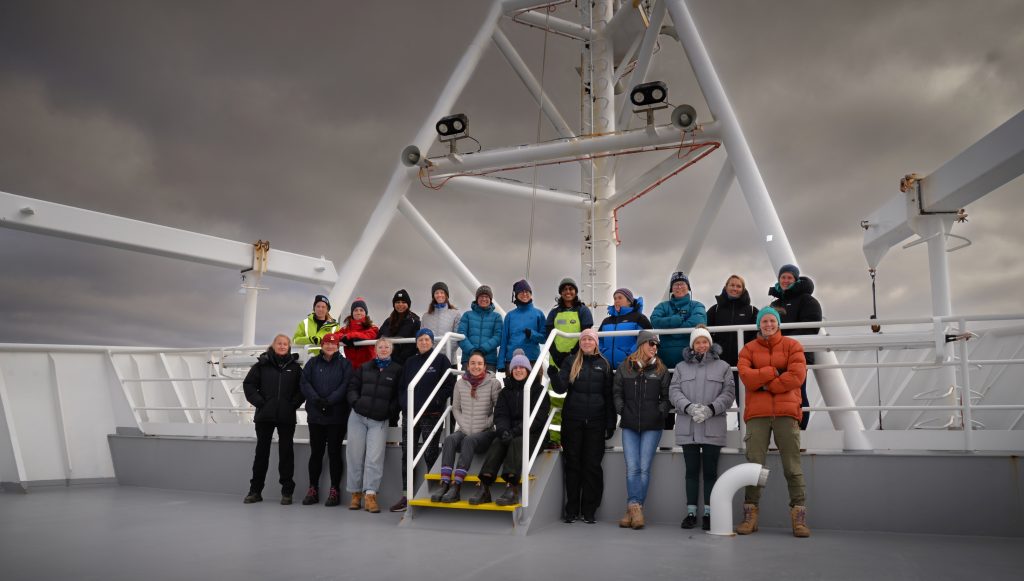
Antarctica and the Southern Ocean have historically been the domain of male explorers and scientists. For many years women were not allowed to sail on ships as it was considered bad luck (despite the fact that ships are often referred to as females!). Over the last few decades that has been changing with increasing numbers of female sailors, explorers and scientists, although the majority are still male.
CANYONS_voyage is a multi-disciplinary, collaborative expedition on CSIRO research vessel (RV)Investigator, led by a team of female scientists from multiple Australian institutions. Dr Alix Post, from Geoscience Australia is the voyage leader and a marine geologist, and A/Prof. Helen Bostock from University of Queensland as deputy voyage leader is a marine geologist and oceanographer. The science leadership team also includes Prof. Zanna Chase and Dr Taryn Noble who are chemical oceanographers and geochemists, and Dr Linda Armbrecht who is a biological oceanographer from the Institute of Marine and Antarctic Science, University of Tasmania, and Dr Kathy Gunn a physical oceanographer from CSIRO. The all female leadership team was not deliberately planned; it builds on a number of ongoing collaborations between the scientists.
Several of the female scientists on the voyage were mentored by Prof. Leanne Armand at the Australian National University, who would have participated on the voyage if she hadn’t lost her battle with cancer in January 2022. Leanne was a champion for female scientists, fighting tirelessly to improve opportunities, supporting and promoting other women in science. Leanne led several voyages to the Southern Ocean and down to Antarctica including the first RV Investigator voyage to Antarctica in 2017 with several of the current scientists on board. We follow in the footsteps of Leanne and other female oceanographers who challenged the status quo and fought for women to participate and lead ocean voyages. Leanne is with us in spirit on this voyage – with a selection of her random postcard collection decorating the walls outside the labs on the working deck of the RV Investigator.
Additionally, the voyage provides a great opportunity to train up more female ocean explorers. Most of the students in the science team are also female, along with the CSIRO Voyage Manager and several of their science technicians – these are the specialist support team on the ship who analyse the ocean chemistry and run the technical equipment on board. Thus out of the science and technical team on board the ratio of women to men is 20:12 for the voyage, while including the crew and medical staff it is 22:30 (42% – almost 50:50).
During the voyage we will also be engaging with primary and high school students across Australia (and several other countries) to explain the science we are doing through our educational specialist Joline Lalime. Hopefully we can also inspire future generations of female ocean scientists.
We also need to improve the representation of minority groups working in ocean science. Greater diversity will lead to new ideas and creative approaches in studying and understanding our blue planet.
